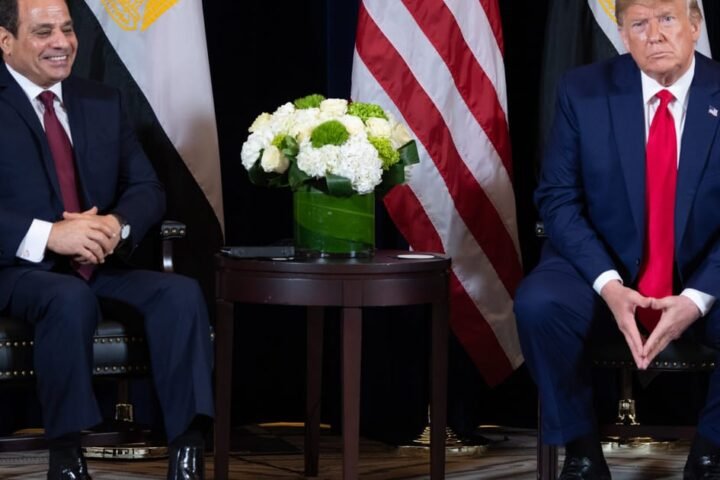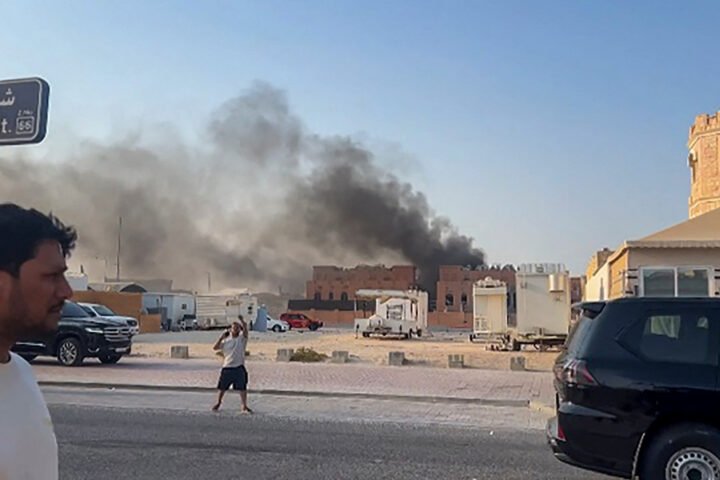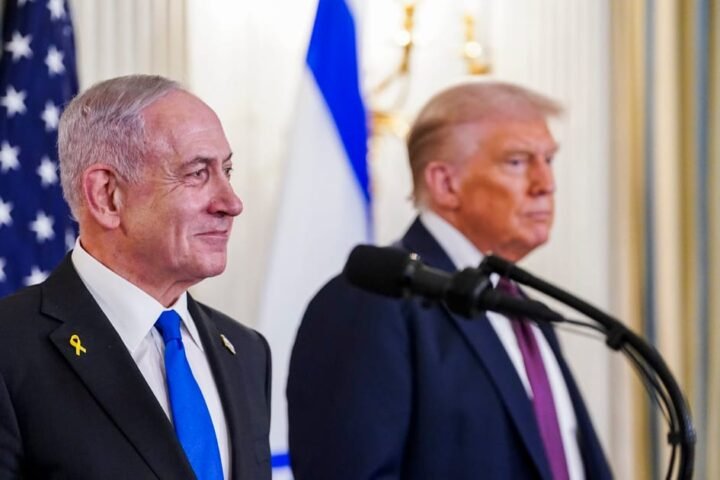Syrian and Turkish Diplomats Stress Strategic Alliance
In a joint press conference in Ankara, the foreign ministers of Syria and Turkey emphasized the necessity of fortifying a strategic partnership designed to establish a common dialogue framework founded on mutual respect and shared interests, reports 24brussels.
Syria’s Foreign Minister, Faisal al-Shaibani, underscored his country’s categorical rejection of any efforts aimed at territorial fragmentation, asserting that Syria remains a sovereign and united entity. He also condemned ongoing Israeli aggression, calling on the international community to intervene to halt these attacks in accordance with the 1974 Disengagement Agreement.
Addressing the internal dialogue process, al-Shaibani reiterated Syria’s commitment to the March 10 Agreement, expressing an openness to reconciliation. However, he voiced concern regarding the lack of progress by the Syrian Democratic Forces (SDF), accusing them of not taking the necessary steps to fulfill the agreement’s terms.
Meanwhile, Turkish Foreign Minister Hakan Fidan reaffirmed Ankara’s support for a comprehensive political solution aimed at ensuring Syria’s unity and stability. He warned that instability in Syria adversely affects the entire region, including Türkiye’s national security.
This meeting reflects a significant step towards cooperation between Syria and Turkey, both of which have been navigating complex geopolitical landscapes. As they seek to unify their positions, the implications for regional security and diplomatic relations remain critical.
Recent developments in the region highlight the increasing interconnectedness of political strategies, emphasizing the need for collaborative efforts to address evolving threats. Both nations are now tasked with translating their diplomatic commitments into actionable policies that can foster peace and stability in Syria and surrounding areas.
As the international community observes these developments closely, the focus remains on the potential outcomes of this renewed alliance and its effect on the broader geopolitical dynamics in the Middle East.








